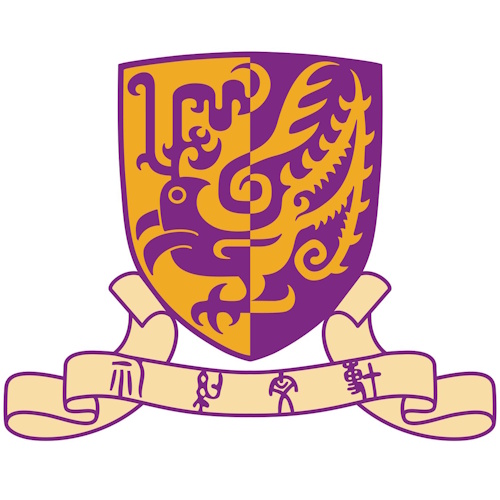Key points from article :
Researchers from the Swiss Federal Institute of Technology Zurich (ETH Zurich) and The Chinese University of Hong Kong have achieved a significant breakthrough by performing the first remote-controlled magnetic endoscopy on a live pig. The procedure was conducted over a distance of 5,778 miles, with the team in Zurich operating the endoscope while the pig was on the table in Hong Kong. This success relied on a secure, high-speed internet connection and a magnetic navigation system developed at ETH Zurich.
Magnetic navigation technology, which uses external magnetic fields to guide devices inside the body, offers a minimally invasive alternative to traditional robotic surgery. This method shows great promise for providing advanced surgical care in remote locations where local expertise may be limited. The success of this trial suggests that teleoperated endoscopy could enable diagnostic and surgical care in remote areas, potentially even allowing trained nurses to perform procedures with remote guidance.
Bradley Nelson of ETH Zurich highlighted the development of Navion, a device that controls the magnetic endoscope, which is smaller and more maneuverable than conventional devices. Looking ahead, the researchers plan to conduct teleoperated endoscopies on human patients, with potential applications in minimally invasive procedures, such as gastrointestinal cancer screenings. This innovation could significantly expand access to advanced surgical care.





